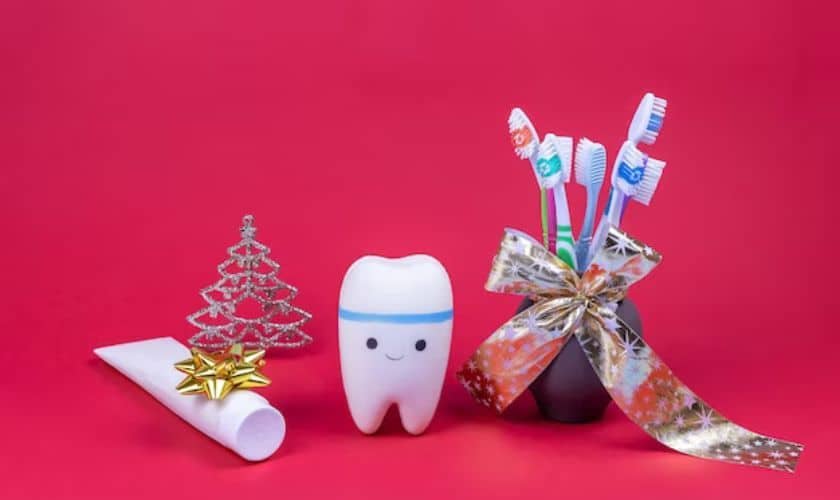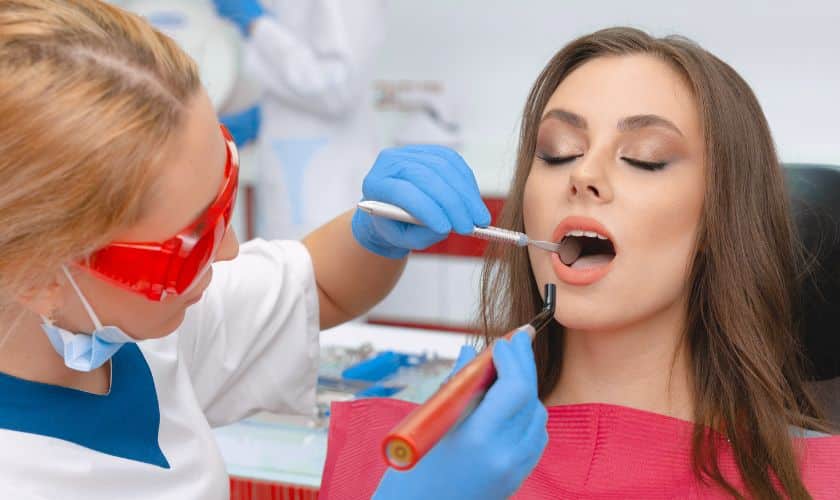According to research, over 90% of adults have had at least one cavity by the time they reach age 60. Luckily, cavities are highly treatable, but they must be treated; unlike a broken bone, a hole in your tooth won’t heal itself if you give it time. On the contrary, the longer a cavity remains, the more of your tooth’s structure it can consume. By the time some patients visit our Southlake dentist’s office, their cavities have progressed enough to require root canal therapy or a tooth extraction. To help you understand their true nature and consequences, Dr. Wright answers a few questions concerning cavities and how to treat or prevent them.
Cavity FAQs
What’s the difference between tooth decay and cavities?
Answer: Often confused as the same thing, tooth decay and cavities describe different aspects of the same dental issue. Tooth decay is a tooth infection that begins when bacterial acid erodes your tooth enamel. As bacteria gain access to your tooth’s main structure, an internal infection develops, called tooth decay, that eats away your tooth until holes (cavities) form.
Why do some patients need dental fillings, and others require root canal treatment?
Answer: Dental fillings and root canal treatment are both designed to treat cavities, depending on the severity of your condition. If the infection is caught at the dentin, then Dr. Wright can remove the infected tooth tissue and replace it with a tooth-colored dental filling. If tooth decay reaches the nerves and blood vessels (pulp) of the tooth, then a root canal procedure will be required to remove the infection before it can completely destroy your tooth.
How do I prevent cavities?
Answer: The most effective method of protecting your teeth from cavities is to prevent them from forming in the first place. By diligently brushing and flossing your teeth every day, you can control the amount of bacteria present in your mouth and their ability to affect your teeth. Visiting us at least once every six months for a checkup and cleaning will allow Dr. Wright to spot early signs of cavities and treat them before extensive treatment becomes necessary. Since oral bacteria produce acid from the carbohydrates in your food and drinks, limit snacking to control how often your teeth are subjected to bacterial acid.
About Gregory Wright, DDS:
As a native Texan, Dr. Gregory Wright opened his private practice in Southlake, TX in 1992. He is happily accepting new patients from Southlake, Grapevine, Keller, Trophy Club, Colleyville, and all surrounding communities. To schedule an appointment with your cosmetic dentist, call our office today at (817) 481-7999.





